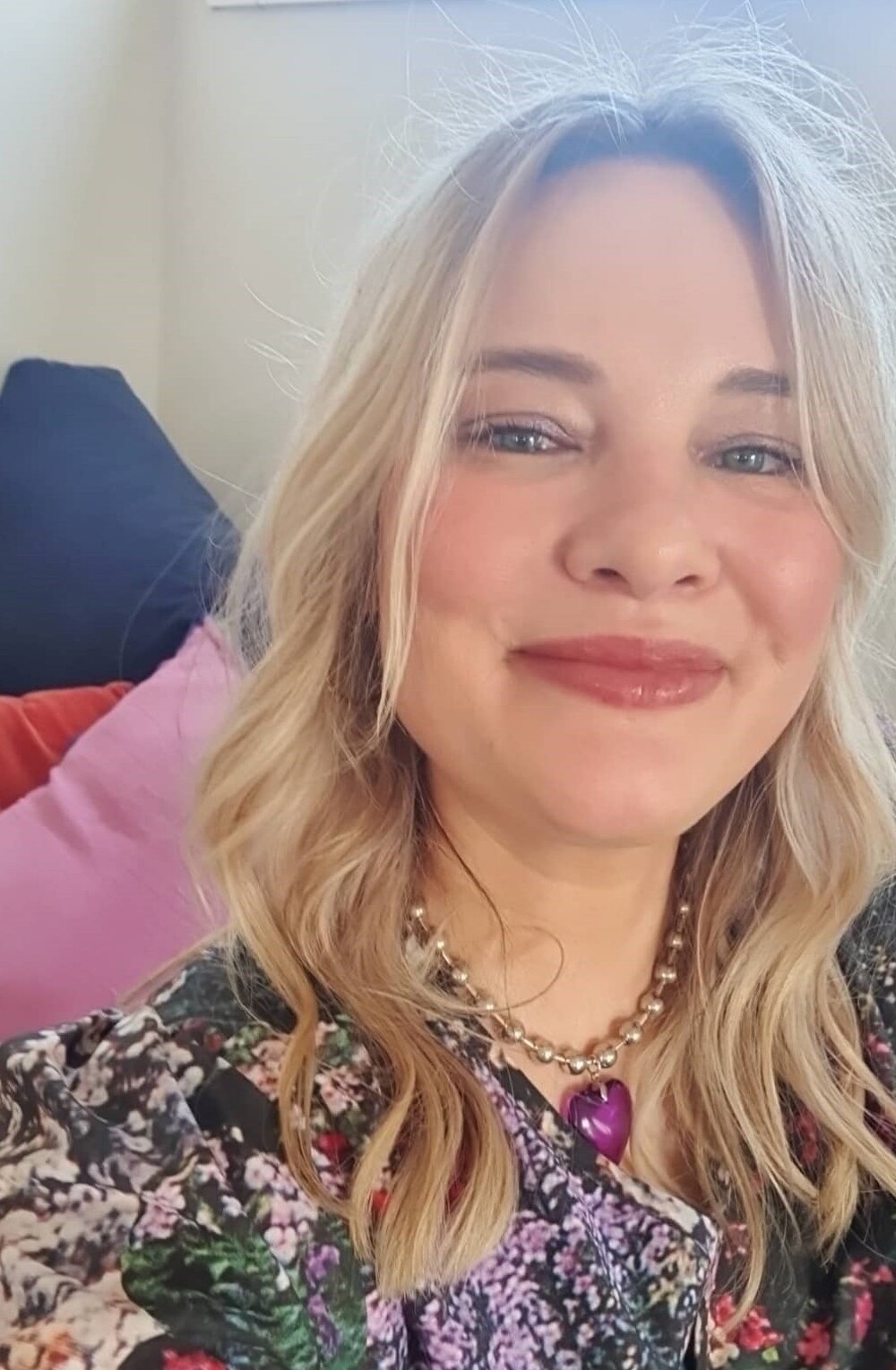Kiwi women urged to learn symptoms of ovarian cancer
Guest
16 June 2024, 7:36 PM
 Ovarian cancer rates set to grow 29% by 2035
Ovarian cancer rates set to grow 29% by 2035Kiwi women are being urged by a gynaecological cancer foundation (Talk Peach) to learn to recognise the symptoms of ovarian cancer with rates in NZ expected to grow 29% by 2035, according to WHO data.
Wahine Maori and Pacific women are generally at higher risk of ovarian cancer compared to those of the European/Other ethnic groups.
Notably, Samoa and Fiji have the world’s highest rates of mortality from this disease.
The call comes as a newly funded medicine, Zejula (Niraparib), becomes available to dozens of Kiwi women living with advanced ovarian cancer, which may offer significantly more time without their cancer recurring after chemotherapy.
Research shows around 70% of women with advanced ovarian cancer will relapse after initial treatment, however while not a cure, Zejula may reduce the likelihood of death or the disease progressing by up to 38% - when compared to patients who were administered a placebo during a trial.
According to Ministry of Health data, ovarian cancer is the sixth most common cause of cancer death for New Zealand women.
Every 48 hours approximately one Kiwi woman is diagnosed with ovarian cancer and one also dies from this form of the disease during this time.
Data from the World Health Organisation shows the incidence of the disease in New Zealand is projected to grow 29% by 2035.
The risk from the disease is highest for Maori and Pacific peoples, with mortality rates around a third higher for these ethnicities, when compared to the European/Other ethnic groups.
Unfortunately, as the early-stage disease is usually asymptomatic and symptoms of late-stage disease are nonspecific, a large proportion of women are diagnosed when ovarian cancer is well advanced.
Symptoms of the disease may include having a bloated abdomen, always feeling full, discomfort, pressure, or pain in the abdomen or pelvic area, change in bowel habits, fatigue, kidney or bladder problems, abnormal vaginal bleeding or weight changes for no reason.
This newly publicly funded treatment option, which has been registered under the name Zejula, is available to women with advanced epithelial ovarian, fallopian tube or primary peritoneal cancer, when the disease has responded to platinum-based chemotherapy.
Zejula, which is a poly ADP-ribose polymerase (PARP) inhibitor, is administered to block the repair of damaged DNA in the cancer cell after chemotherapy, resulting in tumour cell death, and helping to maintain the benefit from chemotherapy.
Tash Crosby, ovarian cancer survivor and founder of Talk Peach Gynaecological Cancer Foundation says early detection of ovarian cancer is vital.

Tash Crosby.
She says it's important that women are proactive about their health and visit the doctor with any concerns about symptoms of the disease.
“The majority of women with ovarian cancer are diagnosed at the later stages of the disease and treatment options become more limited.
“With early detection and the statistics for survival change quite drastically between each stage - catching the disease in the initial stages could have a significant impact on life longevity.
“In the past, there was a bit of a stigma attached to anything ‘gynae’ and it was often referred to as ‘stomach issues’ by some women. We need to make sure we are having open and frank conversations because they have the potential to save lives.
“It is also important to understand the symptoms and talk with family about any family history of ovarian or breast cancer as these cancers can result from mutations (changes) in the BRCA1 and BRCA2 genes that are passed on in families. There are several types of gynaecological cancer and, cervical smear tests will not show ovarian cancer.
“A lot of women are busy and they put their family first but they need to also prioritise themselves and their own health,” she says.
Brett Marett, GSK medical director, says with the burden of ovarian cancer expected to increase within New Zealand and globally, the development of treatment options is critical.
He says PARP inhibitors are a targeted cancer therapy that are showing significant promise in international research - helping to increase the length of time before the cancer progresses for those living with the disease.
This newly funded treatment option for ovarian cancer may offer hope for the many Kiwi women and their family that are impacted by this disease each year,” he says.





